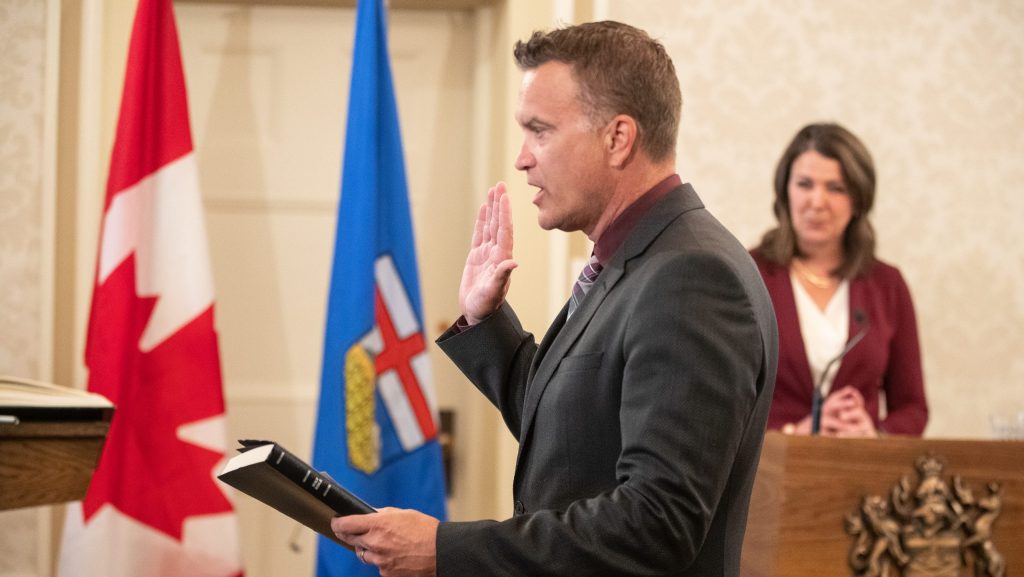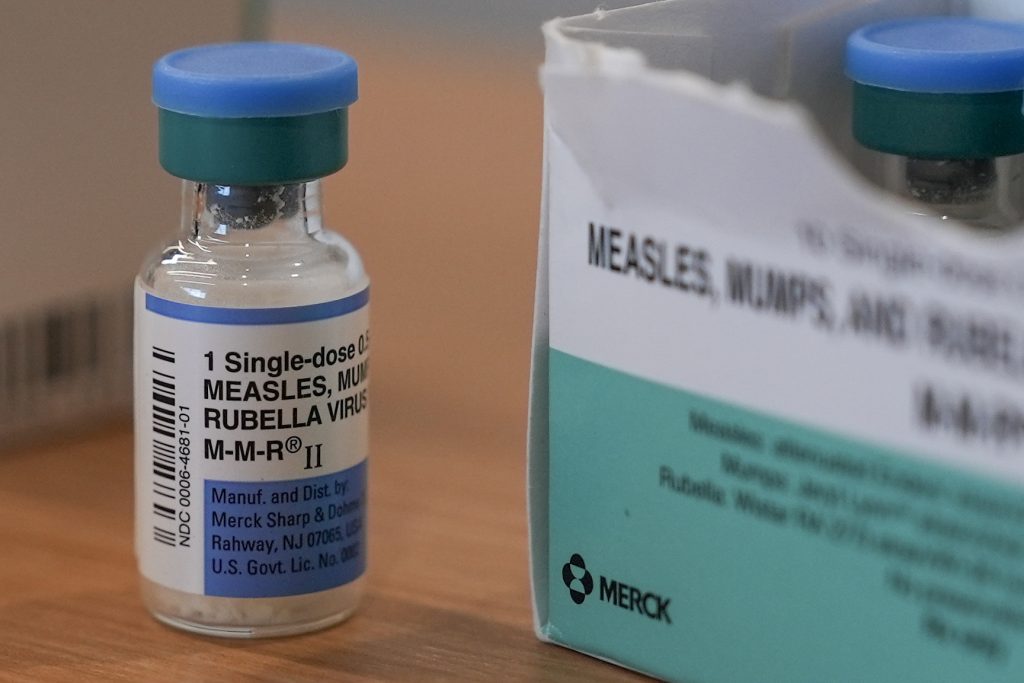Alberta expected to step away from national pharmacare plan

Posted Feb 26, 2024 2:05 pm.
Last Updated Feb 27, 2024 9:09 am.
A pharmacare plan, which would allow every Canadian with a health card access to free diabetes medications and birth control, could be introduced in the House of Commons this week.
Albertans shouldn’t get too excited though, as once the legislation is passed, the province is supposedly planning to opt out.
Global was the first to report the news.
While a lot of people are asking why the province would choose not to be a part of this plan, political scientist Duane Bratt says the answer is clear.
“It’s just the reflex answer, it’s ‘No, stay in your lane’ and ‘Just give us the money,'” he said. “But that’s not going to happen.”
He feels this is yet another situation in which the province is choosing to fight, even if it doesn’t make sense.
“Let’s talk about this, let’s compare what you’re offering with what we already have, let’s she how much money is on the table, let’s see what’s covered, what’s not covered, what are some of the loopholes,” Bratt explained. “That’s how adults would deal with something like this as [opposed to being] opposed, right off the bat.”
As expected, there has already been lots of reaction online — some people are celebrating it, calling it great news that Alberta won’t listen to the feds.
Others are denouncing it, saying this will have terrible ramifications on many Albertans who are already struggling.
Minister of Health Adriana LaGrange says if the feds go ahead with this national pharmacare program, Alberta won’t be taking part and will instead, ask for its full share of the funding.
“If they were to provide the funding directly to Alberta, we would absolutely use it to enhance the current pharmacare programs in place, but that has not been an option given to us,” she said in a Monday press conference. “On the dental program, that was something I approached Minister Holland on — as did other provinces — we would prefer to get the funding directly to us.”
LaGrange added the program is hastily put together, and that the Liberals are attempting to make quickly in order to avoid an election.
“We are not going to allow Ottawa to pick and choose what coverage should be available to Albertans based on what issues they find politically palatable,” she said. “Much like previous national programs the Liberal government has announced, including the dental program, there was no consultation done with provinces or service providers and this program still lacks details around how this would work.
The minister says Alberta already has a robust pharmacare program and says the federal government is overstepping and doing this purely for political gain.
Lorian Hardcastle, a health law expert at the Cumming School of Medicine at the University of Calgary, says this situation is very concerning.
“First and foremost, I’m worried about Albertans who won’t have access to these important benefits that other Canadians may now have access to,” she said. “We don’t even have the details yet, they didn’t bother to go to the table with the feds to negotiate, and instead seemed to reject this just on principle.”
Hardcastle says there are lots of unknowns right now, and it will be interesting to see how the federal government responds.
She adds the fact the legislation hasn’t even been tabled yet, suggests that it’s not the proposed program Alberta has a problem with.
“The federal government is planning to table legislation this week and that’s why it’s particularly surprising that Alberta would reject this plan without even waiting to hear the details and see that legislation and that to me is what points to this being political, rather than based on genuine concerns with the plan,” Hardcastle said.
Pharmacare is now just one of several items of contention between the Danielle Smith government and the feds.
Bratt says it’s not unusual to think this situation would be any different.
“We’re going to fight Ottawa at every opportunity — we’re going to fight them on pensions, we’re going to fight them on electricity, we’re going to fight them on oil and gas, we’re going to fight them on childcare, we’re going to fight them on housing,” he said. “It’s fight, fight, fight.”
Still, Hardcastle says pulling out at this moment makes very little sense.
WATCH: The issue that could ultimately topple the Trudeau government

“There really are no positives to opting out of the plan at this stage without even knowing what the details are,” she said. “The potential benefits, of course, are expanded access to drugs for Albertans, having the feds chip in on that, and then the other big positive is it’s expected we’ll be able to get better prices from pharmaceutical companies.”
So far, Alberta is the only province to suggest it wants out of the federal pharmacare plan, though Quebec remains in question.
Earlier this month, a poll commissioned by the Heart & Stroke Foundation and the Canadian Cancer Society found nearly one-quarter of people surveyed reported splitting their pills, skipping a dose, or not filling or renewing a prescription because it’s too expensive.
This can push people with chronic conditions into crowded emergency rooms, the poll found.
With that information in hand, the two groups called jointly for a national pharmacare program.
“It may not be you today, but if you know four people, there’s a strong chance you know someone who is making risky trade-offs because they don’t have prescription drug coverage. It’s time for the federal government to step up and change that with national pharmacare,” Doug Roth, CEO of Heart & Stroke, said at the time.
The poll also found some people don’t feel they have enough coverage, while more than one in four say they’ve had to cut back on groceries, pay their rent, mortgage, or bills, or take on debt to afford their prescriptions.
The federal New Democratic Party has a supply-and-confidence deal with the Liberals which, in part, required pharmacare legislation to be introduced by March 1.
-With files from Sonia Aslam








